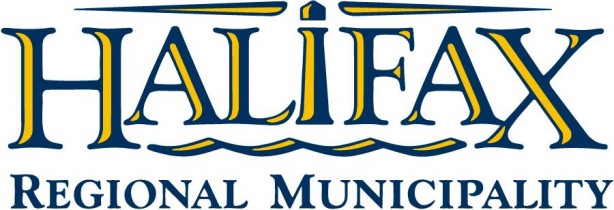
Background
Halifax, NS, Canada (pop. 297,943), is unique in that it is a former incorporated city that is now a regional municipality. In 1996, the Nova Scotia government dissolved the city government, in turn aligning it with the four municipalities in Halifax County. Now, the central portion of the southern Nova Scotia coast is the Halifax Regional Municipality, a 2,000+-square-mile swath of urban and rural lands all served by the same recycling program.
Though serviced by a number of different waste haulers, the program’s accepted recyclables remain the same across the region. The HRM uses a clear-blue plastic bag to collect plastics, metals and glass, while paper products are to be put in paper or clear plastic bags before heading to the curb. Organics, also collected curbside, are placed in a traditional green roll cart found in many American cities.
Materials recycled
Paper
Loose paper, newspapers, flyers, magazines, catalogs, envelopes, paper egg cartons, paper bags, phone books and shredded paper can all be collected in a grocery bag, retail bag or clear plastic bag and placed at the curb. Corrugated cardboard should be laid flat and tied in 2-foot x 3-foot x 8-inch bundles to be placed next to the recycling bags.
Plastics
All plastic containers (including all milk jugs, Tetra Pak containers and Mini-Sips) may be placed in a sealed blue recycling bag or a sealed clear plastic bag. Plastic bags (including bread bags, frozen food bags, dry cleaning bags and bubble wrap) may be collected together and sealed in a plastic bag before placing in the recycling bag. No Styrofoam and no plastic caps or lids accepted.
Metals
Aluminum cans, steel cans, clean aluminum foil and plates can be collected in the blue recycling bag or a clear plastic bag.
Glass
Glass bottles and jars (no lids) are to be collected in the blue recycling bag or a clear plastic bag.
Frequency
Depending on the location within the HRM, recycling is collected on a weekly or biweekly basis, same day as trash. The cities of Halifax, Dartmouth, Bedford, Sackville, Beaver Bank, Kinsac, Beechville, Lakeside, Timberlea, Cole Harbour and Westphal and Hammonds Plains Road from Bedford to Hwy 103 (including Kingswood, Lucasville Road, Glen Arbour, Pockwock Road, Westwood and Stillwater Lake) all enjoy weekly pick-up. Other areas within in the HRM have biweekly collection. All materials must be curbside by 7 a.m. on collection day. Recycling bags are to be placed approximately 3 feet from garbage and organics receptacles. A collection calendar is available
online.
Other programs
The HRM’s organics collection program runs all year with biweekly pick-up on trash/recycling collection day. In July and August, collection switches to a weekly basis. A vast number of items are accepted in the green roll cart, including fruit and vegetable peelings, table scraps, meat, fish, dairy products, cooking oil and fat (cool, wipe with paper towel, place in green cart), bread, rice, pasta, bones, coffee grounds, filters, tea bags, eggshells, excess leaves, brush and plants, cereal boxes (remove liner), shoeboxes, cracker and cookie boxes, paper towel rolls, soiled paper, napkins, kitchen paper towels, tissue boxes (remove plastic), sawdust and wood shavings.
The HRM’s household hazardous waste facility (20 Horseshoe Lake Dr. in Halifax) collects residents’ HHW items on selected Saturdays throughout the year, from 9 a.m. to 4 p.m. A collection schedule is available
online. Accepted HHW materials include batteries, leftover liquid paint (there is also a separate
paint recycling program), leftover corrosive cleaners, pesticides/herbicides, gasoline, fuel oil, used motor oil, solvents, thinners, =pharmaceuticals, drugs (or return to pharmacy), aerosol cans containing hazardous substances, BBQ propane tanks and small propane cylinders (i.e., for camp stoves and propane torches).
More information
Visit the
Halifax Regional Municipality Recycling website for more recycling program info.
